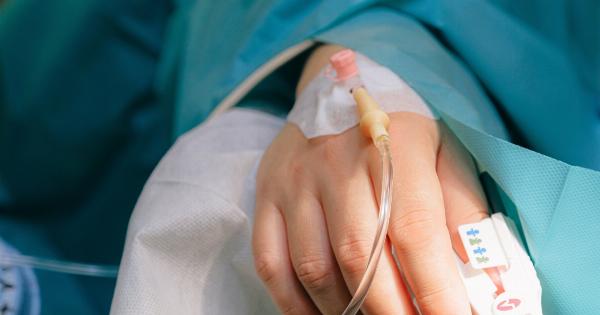When you’re sick or injured enough to require hospitalization, dealing with the financial aspects of things might not be at the forefront of your mind.
However, it’s important to understand how your hospital stay and subsequent recovery will impact your insurance coverage and out-of-pocket costs.
Coverage During Your Hospital Stay
If you have health insurance, the specifics of your coverage will determine how much you pay during your hospital stay.
Your insurance plan will likely have a deductible that you must pay out of pocket before your insurance kicks in and begins covering the costs of your care. Once you’ve met your deductible, you may have to pay coinsurance or a copayment for any additional services you receive.
It’s important to note that if you’re uninsured, you’ll be responsible for the full cost of your hospital stay.
In some cases, hospitals may have financial assistance programs that can help cover the cost of care for qualified patients.
Understanding Your Discharge Plan
When you’re discharged from the hospital, you’ll receive a written discharge plan that outlines any medications you need to take, follow-up appointments you need to make, and other recommended steps for your recovery.
Your discharge plan may also include information about your insurance coverage and any out-of-pocket expenses you may be responsible for after leaving the hospital.
It’s important to carefully review your discharge plan and ask any questions you may have before leaving the hospital.
This will help ensure that you’re on the right track for a successful recovery and that you understand your financial responsibilities.
How Long Are You Covered After Leaving the Hospital?
The specifics of your insurance plan will determine how long you’re covered after leaving the hospital. In most cases, you’ll be covered for follow-up appointments and care related to your hospitalization for a certain period of time.
This period is typically referred to as your “post-hospitalization period.”.
The length of your post-hospitalization period will depend on your insurance plan. Some plans may only cover you for a few days after leaving the hospital, while others may cover you for several weeks or even months.
What Is Covered During Your Post-Hospitalization Period?
During your post-hospitalization period, your insurance plan will likely cover any follow-up appointments and care that are related to your hospitalization. This may include:.
- Physical therapy
- Occupational therapy
- Speech therapy
- Home health care
However, it’s important to carefully review your insurance plan to understand exactly what is covered during your post-hospitalization period.
You may be responsible for certain out-of-pocket costs, such as copayments or coinsurance, during this time.
What Happens After Your Post-Hospitalization Period Ends?
Once your post-hospitalization period ends, you’ll be responsible for any out-of-pocket costs associated with your care. This may include copayments, coinsurance, and deductibles, depending on the specifics of your insurance plan.
If you’re uninsured, you’ll be responsible for the full cost of any follow-up appointments or care you receive after leaving the hospital.
What If You Need Additional Care?
If you require additional care after your post-hospitalization period ends, you’ll need to work with your healthcare provider and insurance company to determine the best course of action.
Your provider may recommend additional treatments or procedures, which may or may not be covered by your insurance plan.
If you’re uninsured, you’ll need to explore other options for accessing healthcare, such as free or low-cost clinics, charity care programs, or government-funded healthcare programs like Medicaid.
Conclusion
Understanding how your insurance coverage works during and after a hospital stay is key to avoiding unexpected bills and financial stress.
Be sure to carefully review your insurance plan and discharge plan, ask questions, and explore your options for financial assistance if needed.




























